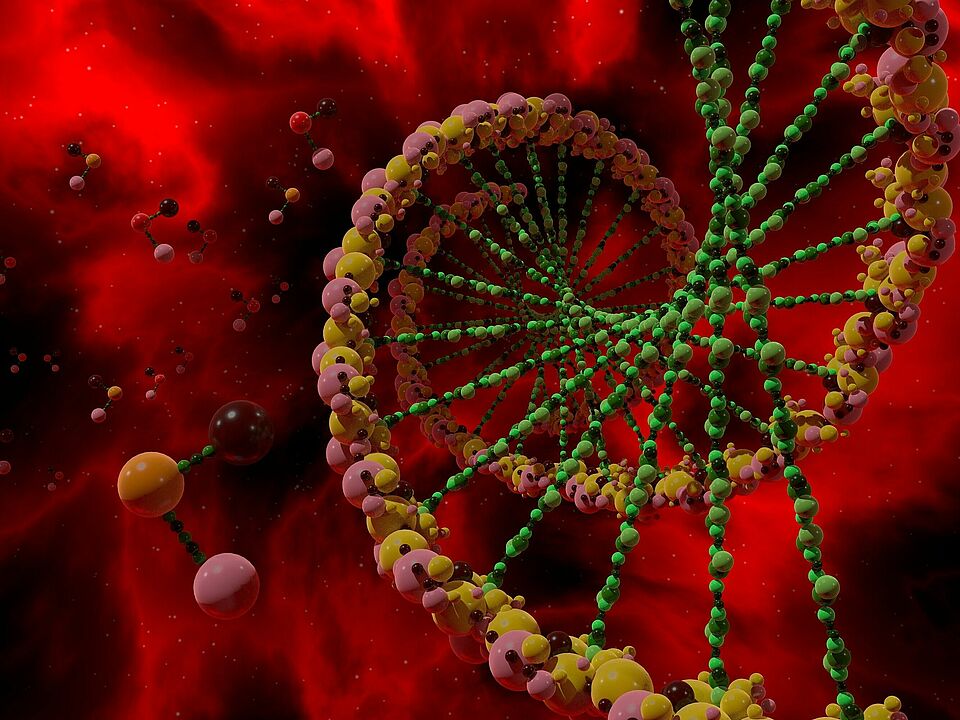The focus is on beta thalassemia, a severe form of anemia. Patients suffering from this disease are dependent on lifelong blood transfusions which can lead to severe organ damage and reduced life expectancy due to chronic iron overload. The underlying method (CRISPR/Cas9-based gene editing) for the first time enables precisely targeted genetic modifications of hematopoietic stem cells with the prospect of curing congenital disorders of the blood system such as beta thalassemia.
At the University Hospital Düsseldorf, a team led by Prof. Dr. Roland Meisel from the Division of Pediatric Stem Cell Therapy at the Department of Pediatric Oncology, Hematology and Clinical Immunology (Director: Prof. Dr. Arndt Borkhardt) is participating in the CLIMB THAL-111 study as a specialized treatment center.
The hallmark of thalassemia is anemia caused by the dramatically reduced formation of adult hemoglobin. The stem cell modification mediated by the "precise gene scissors" now aims at reactivating the production of a form of hemoglobin that is normally generated during fetal life and switched off in favor of adult hemoglobin after birth.
In late September 2021 the Düsseldorf team could treat the first adolescent thalassemia patient in Germany with CRISRP/Cas9-based gene editing. Prior to this therapy, the adolescent had required multiple blood transfusions every three weeks for many years. Five months after gene therapy, the adolescent displays completely normal hemoglobin levels without the need of any blood transfusions during these past five months. This early and promising treatment success in an individual patient requires further confirmation in the context of the currently ongoing clinical trial.
Study title:
CLIMB THAL-111: A PHASE 1/2/3 STUDY OF THE SAFETY AND EFFICACY OF A SINGLE DOSE OF AUTOLOGOUS CRISPR-CAS9 MODIFIED CD34+ HUMAN HEMATOPOIETIC STEM AND PROGENITOR CELLS (hHSPCS) IN SUBJECTS WITH TRANSFUSION-DEPENDENT β-THALASSEMIA
ClinicalTrials.gov Identifier: NCT03655678
Sponsor: Vertex Pharmaceuticals Incorporated, USA
Background:
More detailed information on the mode of action of CRISPR/Cas9-based gene editing in thalassemia and clinical data from the first adults treated worldwide can be found in:
Frangoul H, Altshuler D, Cappellini MD, et al. CRISPR-Cas9 Gene Editing for Sickle Cell Disease and β-Thalassemia. N Engl J Med. 2021 Jan 21;384(3):252-260. doi: 10.1056/NEJMoa2031054.
Contact:
Prof. Dr. Roland Meisel
Division of Pediatric Stem Cell Therapy
Department of Pediatric Oncology, Hematology and Clinical Immunology, Center for Child and Adolescent Health, University Hospital Duesseldorf
phone: +49 (0)211-811-9297


